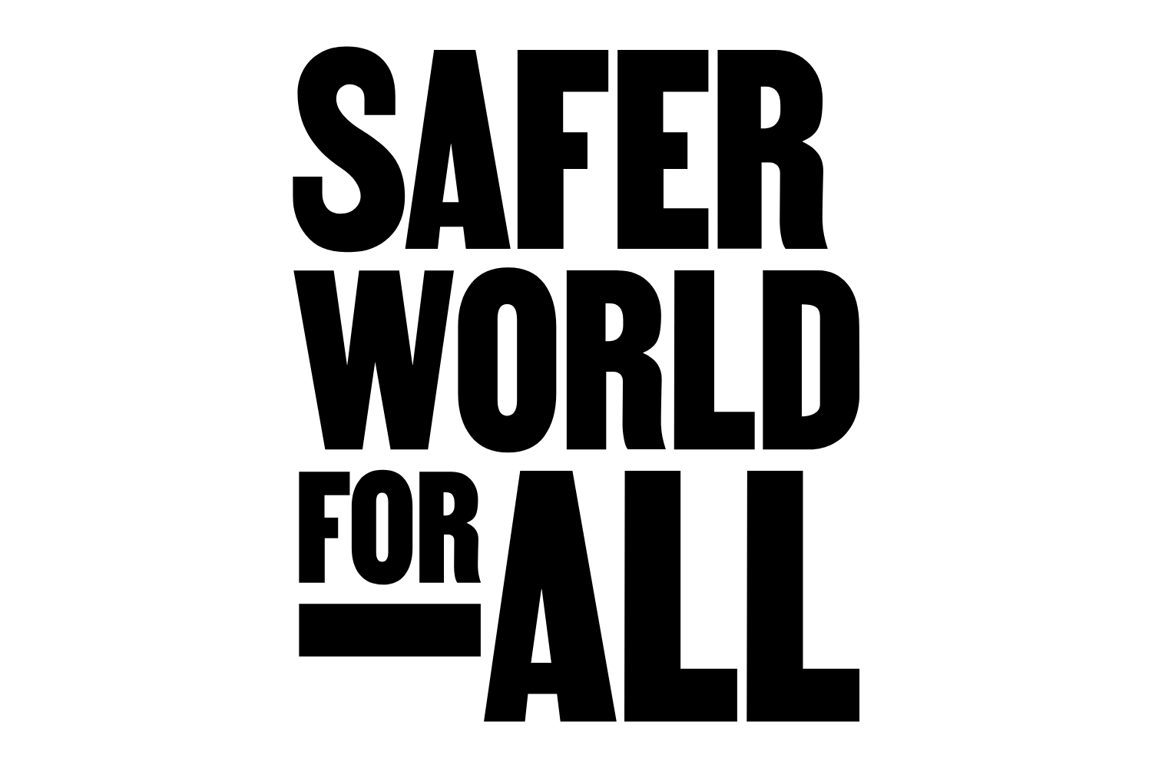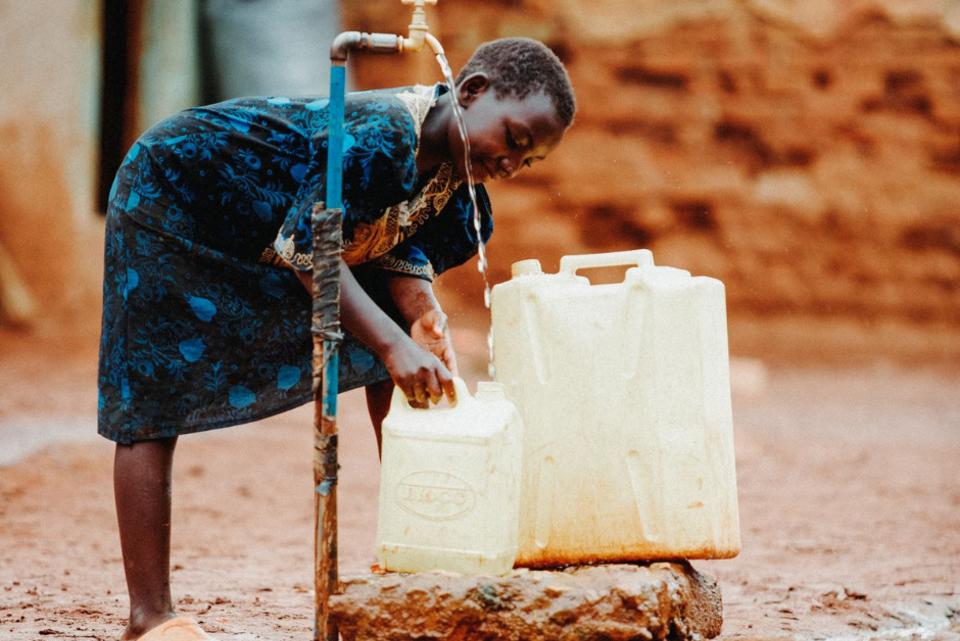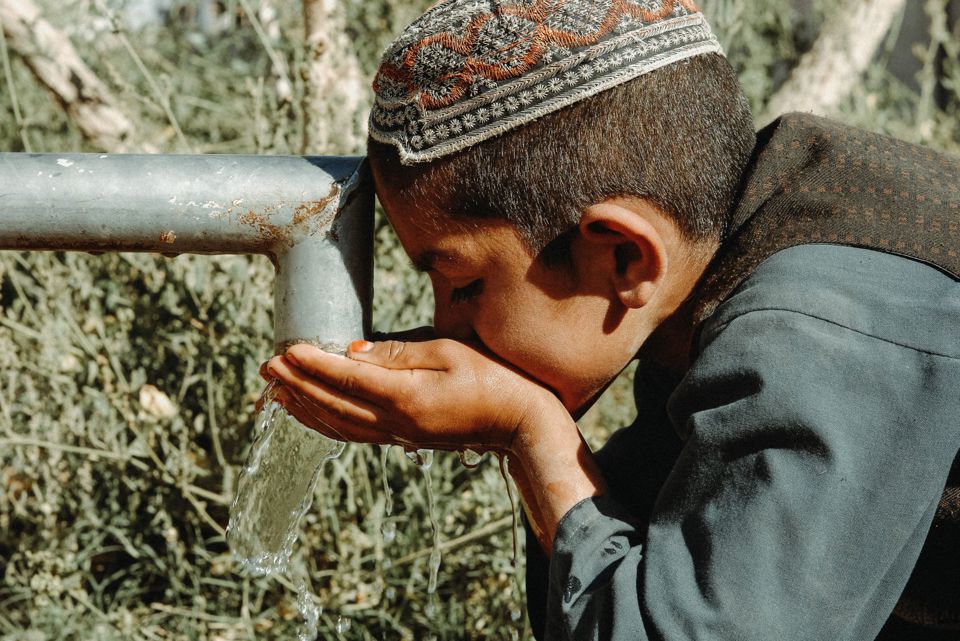Act now for a safer world for all
Threats to our world are intensifying - dangerous weather, increased wars and soaring inequality.
Australia must act now to build a safer world for all.

It's time for Down Under to step up
Australia is one of the safest, healthiest, and most generous countries in the world. Yet, our aid contribution is only 0.68% of the Federal Budget.
As global needs rise, Australia has given less. And that just doesn’t feel very Australian. But you can make a difference.
By committing to a modest increase in Australian aid to 1% of the Federal Budget, we can have a huge impact.
Act now for a Safer World for All. Add your name and send an email to your MP through the link below. It’s quick, easy, and will make a huge difference.

A young girl collects clean water from a supply at her home near Kawempe in Uganda. Australia recognises the importance of access to clean water to the health and livelihoods of people. Photo: Kate Holt/Africa Practice
The world is at a turning point.
Two decades of progress fighting infectious diseases, empowering women and girls and building education and economic prosperity stalled when the Pandemic hit. Now, overlapping challenges are hitting all at once. Dangerously hot and unpredictable weather, fuel shortages, hunger, violent invasions and the mass movement of people are linked and inflamed.
If we do nothing, today's challenges will become tomorrow's catastrophes. Decisions made by this generation can put the world back on the path to progress, peace and prosperity. This is best for the World and best for Australia. But it won’t happen on its own.
We are a movement of Australian individuals, community groups and organisations, calling on our leaders to act now to build a safer world for all.
We are calling on our nation's leaders to:
- Double the Humanitarian Emergency Fund to $300 million annually for responding to new crises as they emerge
- Invest an additional $350 million per year to better prepare for mounting natural and humanitarian disasters, through disaster risk reduction, tackling root causes and preventing conflict
- Lift Australia's foreign aid budget to 0.36% of gross national income by 2027 with a bipartisan commitment to reach 0.5%
- Support a fairer global economy through efforts to make debt, tax, trade, and investment fairer for developing countries.
- Annual commitment of $4 billion for global climate finance contributions
- A $100 million initial contribution to the Loss and Damage Fund
- Advance a global, just, and equitable phase out of coal, oil and gas through endorsing the call for a Fossil Fuel Non-Proliferation Treaty

Child at a well, Tarin Kowt, Uruzgan, Afghanistan, 2009. Photo: Lorrie Graham












